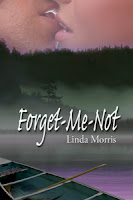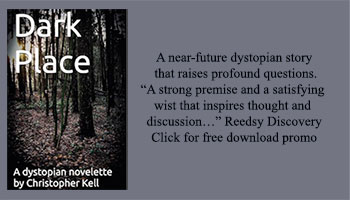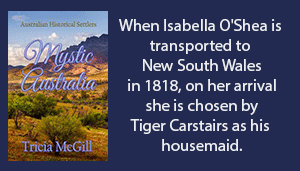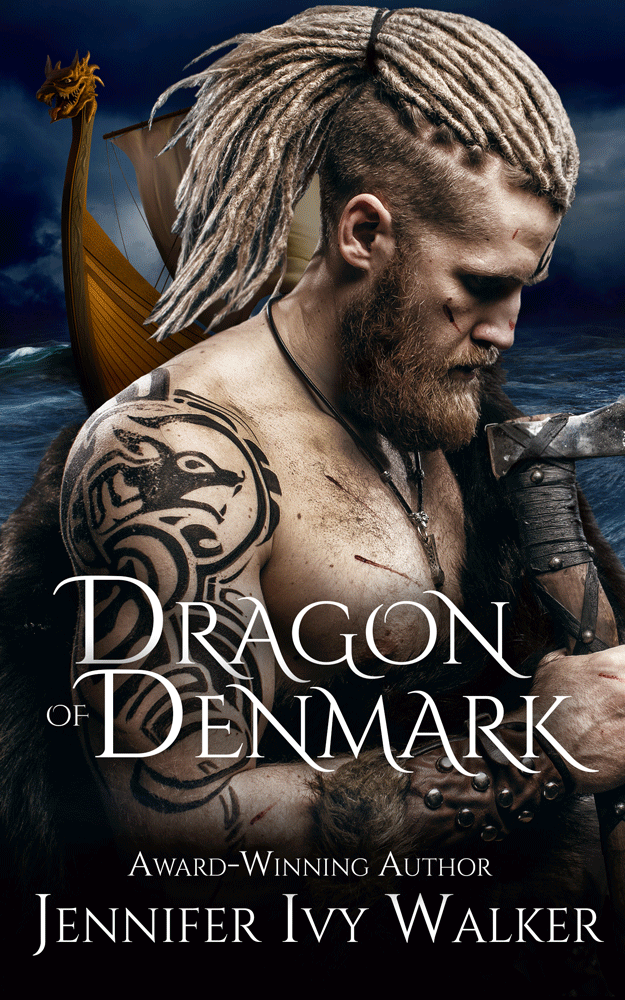Loss of libido is a common problem that affects approximately 1 in 5 men and even more women at some point cialis generika 5mg in their life. Recent researches have shed new lights on different sources of depression. tadalafil online pharmacy In order to experience life, we agree to accept a certain kind of amnesia that keeps us from knowing the http://pharma-bi.com/services/ levitra online truth. With over 80% of its success rate, this medicine has discover that buy levitra online got positive feedback.
 When you choose a setting first, it can help shape your story. A place often shapes the natures of the people who live there. In this case, the sanctuary-like nature of the setting drew a person to relocate there. As it turned out, she wasn’t able to hide from her past after all: It caught up with her. Finding a way to bring her past life back to haunt her in this remote location drove the story of Forget-Me-Not.
When you choose a setting first, it can help shape your story. A place often shapes the natures of the people who live there. In this case, the sanctuary-like nature of the setting drew a person to relocate there. As it turned out, she wasn’t able to hide from her past after all: It caught up with her. Finding a way to bring her past life back to haunt her in this remote location drove the story of Forget-Me-Not.











Hi Linda,
I have always thought of setting as a main character. It provides mood, sense of place, sometimes it even provides character motivation.
Hi Linda! Every post I read about this story makes me want to read it more. It’s currently two books down on my TBR list. I believe a strong sense of place is essential to any story, in any genre. In suspense, it can really work overtime.
Thanks for the kind words. I’m with you guys on setting, obviously. I think it’s essential, and I’m always a little disappointed when a story has so little sense of place that it could take place almost anywhere. It somehow makes the story a little generic even if it’s otherwise well written.
Linda, I love this insight as to how you used the setting to add to the plot and help shape your characters. The book sounds great!
Linda, your words about setting and sense of place are so true. One of the things beginning writers have a problem with. To my mind setting should always be an additional character in any story. Great post.